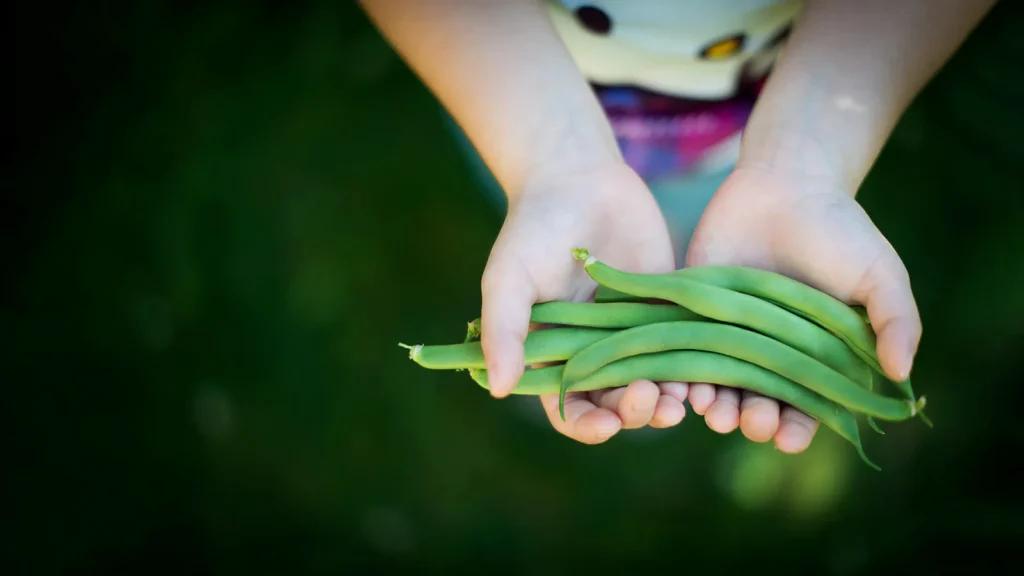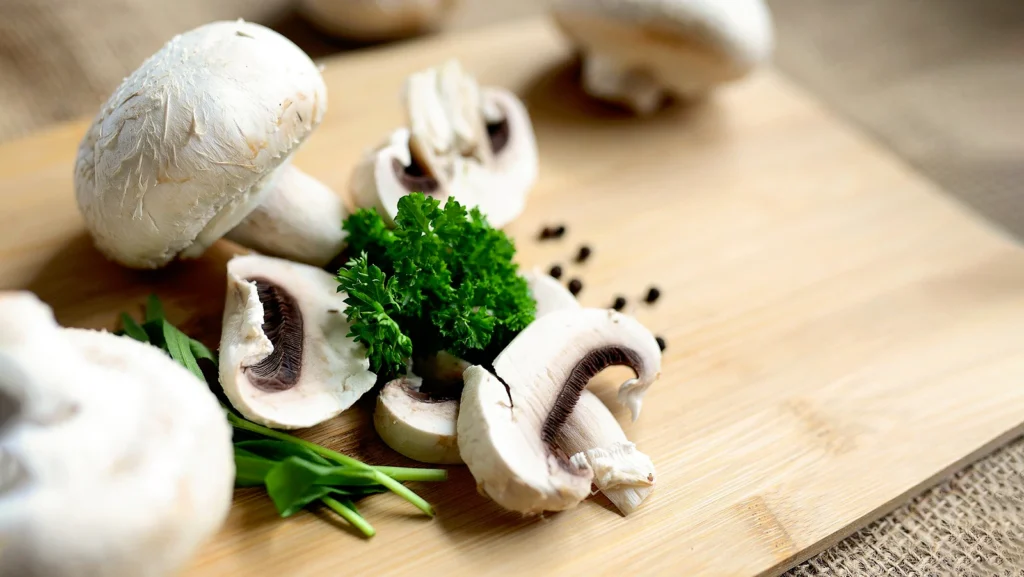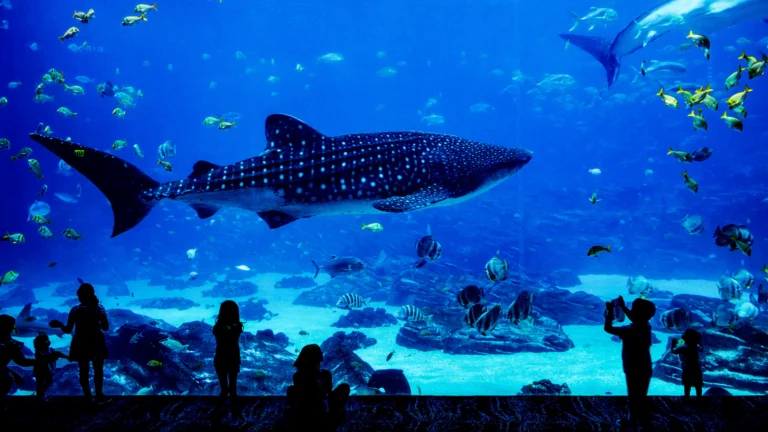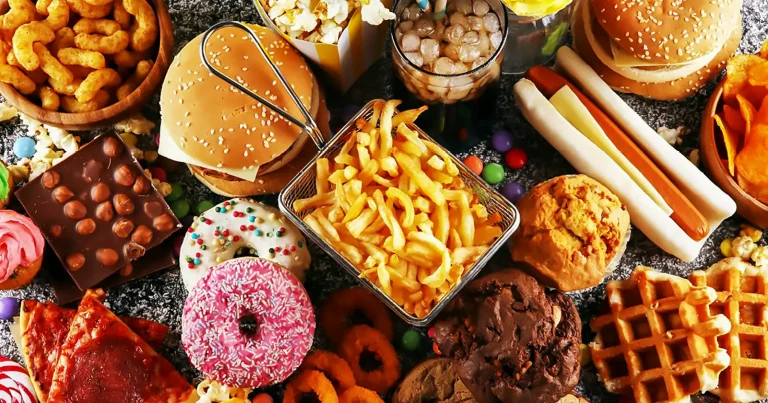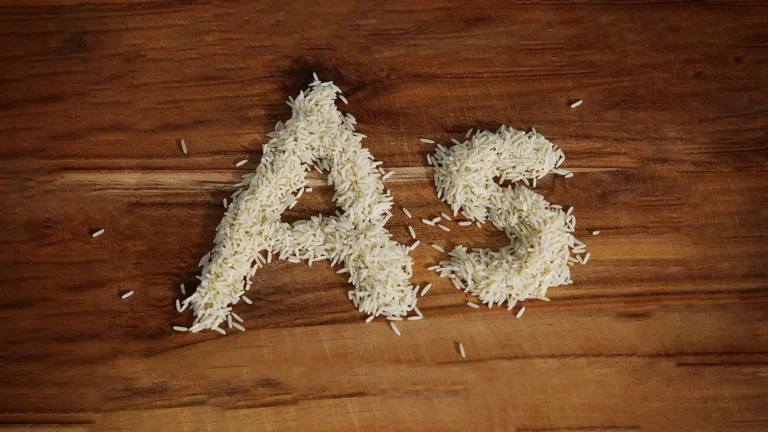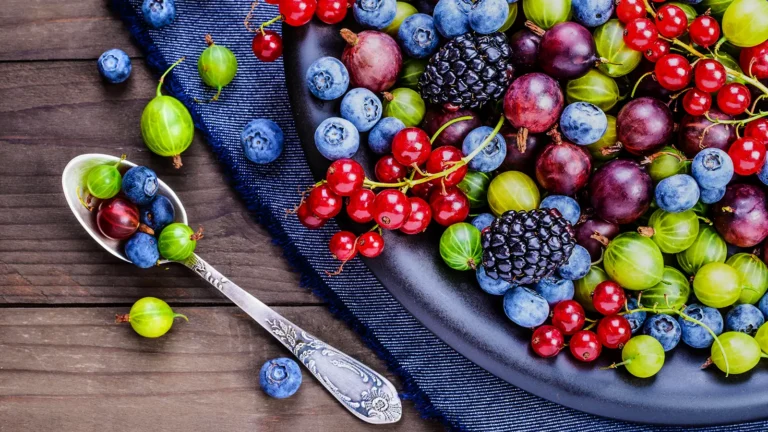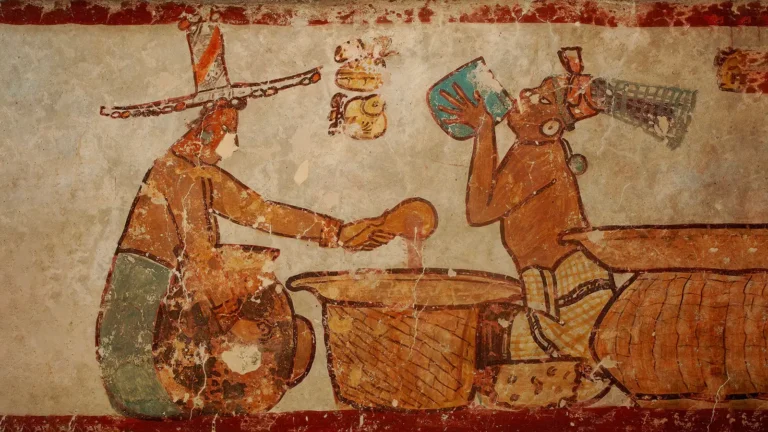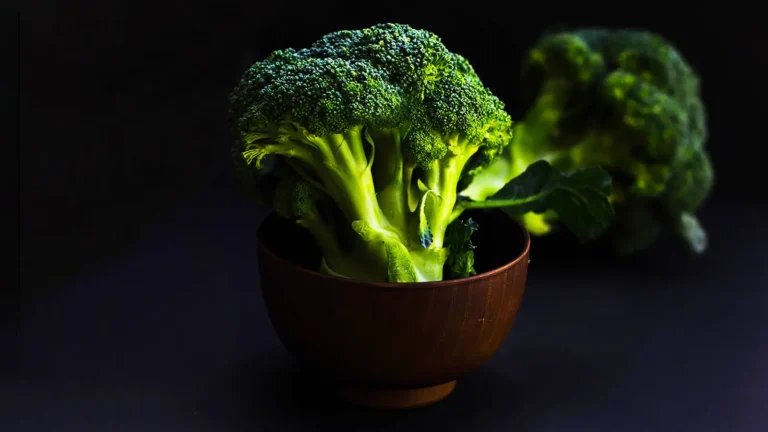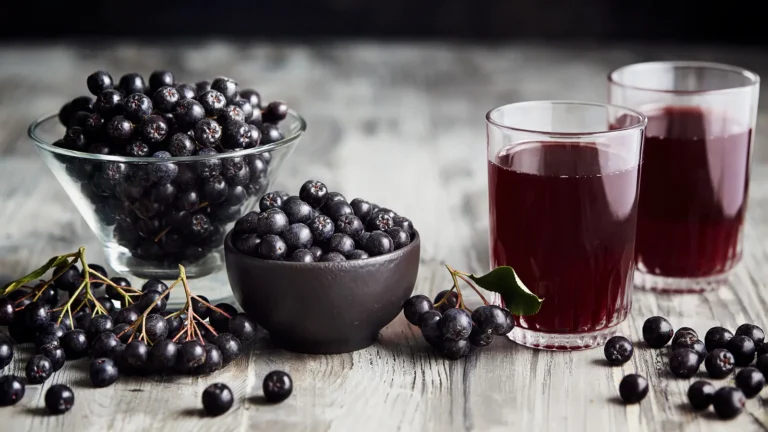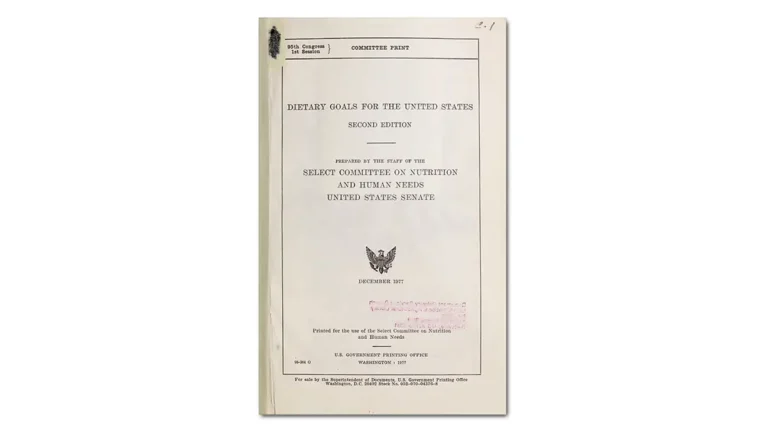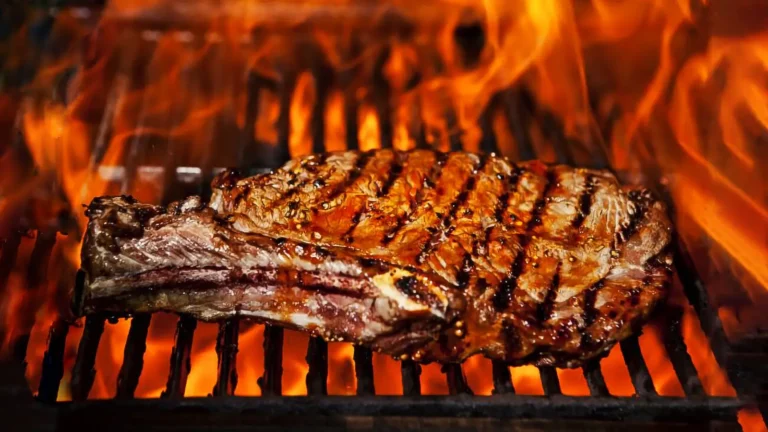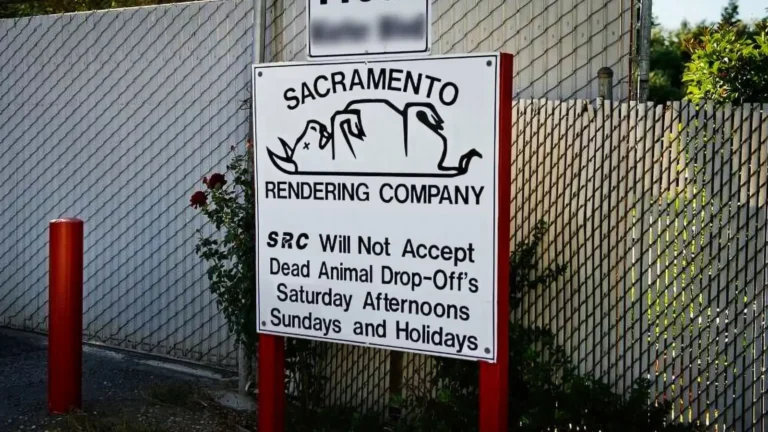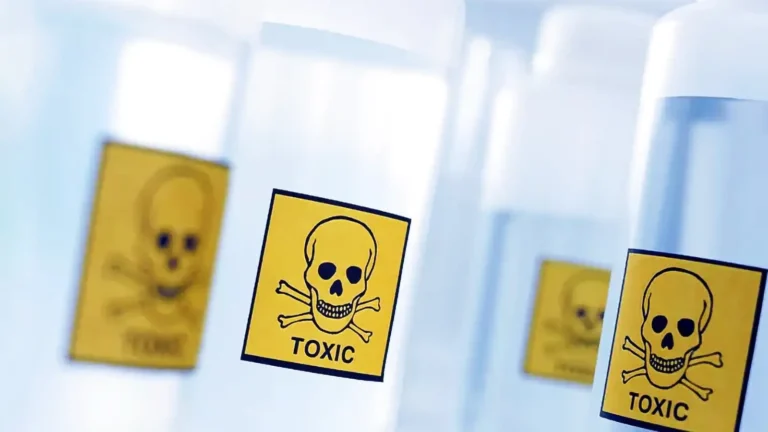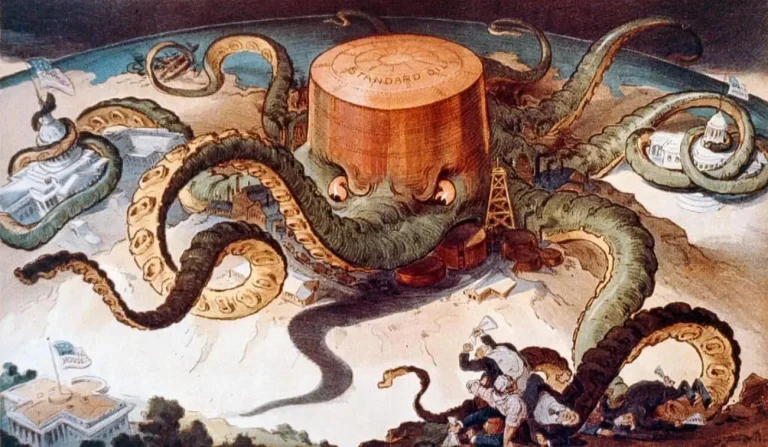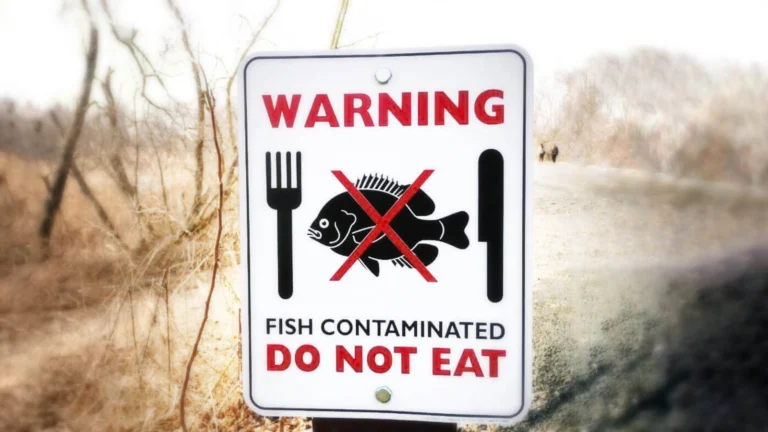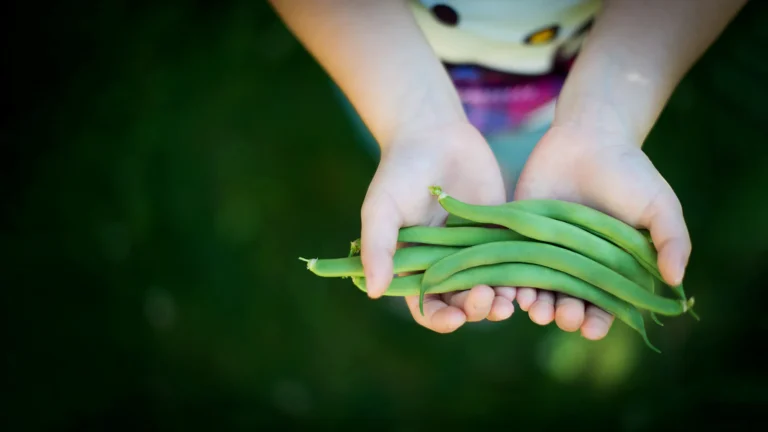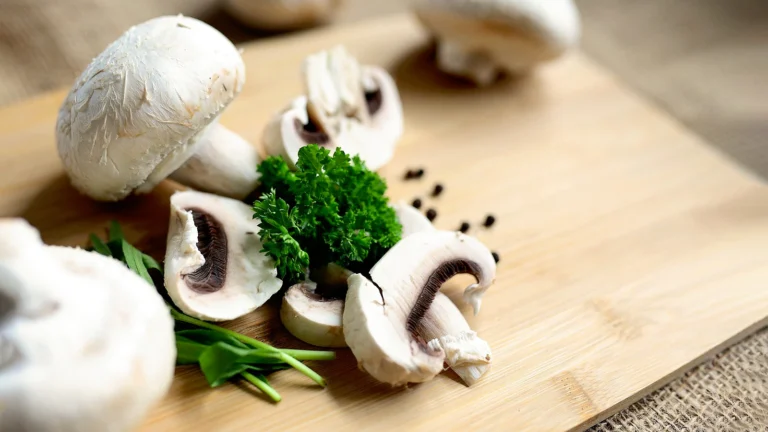Über Uns
Das Ziel von GoVeganWay ist es, Ihnen und Ihrem Arzt die neuesten Forschungsergebnisse aus dem Bereich der Ernährungswissenschaft zur Verfügung zu stellen. Das Ziel von GoVeganWay ist es, evidenzbasierte Gesundheitsforschung in einer leicht verständlichen Form darzustellen, damit wir alle von der verfügbaren Wissenschaft profitieren können.
Werbung
Werbung
Werbung
Sind Fische Tiere? Eine kulturelle Perspektive
In einigen Kulturen wird Fischfleisch nicht als Fleisch betrachtet, und Fisch ist sogar während des Fastens erlaubt.
Hausgemachte Natürliche Mundspülung: Bewährt, Stärker und Weniger Giftig
Selbstgemachtes natürliches Mundwasser ist stärker als Chlorhexidin, weniger giftig und kann beim Verschlucken zu Übelkeit führen, hat aber auch einen hohen ORAC-Wert.
Wie Man Karies Stoppt: Symptome, Ursachen und Prävention
Der Zuckerkonsum ist die Hauptursache für Karies und Zahnfäule, verbunden mit einem Mangel an Mineralien, insbesondere Magnesium, Zink, Kupfer und Spurenelementen.
Amla: Bewährte Vorteile, Ernährung und Klinische Bedeutung
Amla ist eines der stärksten Antioxidantien der Welt mit einem ORAC-Wert von 261.530. Sie ist eine reichhaltige Quelle von sekundären Pflanzenstoffen, die verschiedene gesundheitliche Vorteile haben.
Methylenblau: Therapeutische Anwendungen und Klinische Bedeutung
Methylenblau ist ein leistungsstarkes synthetisches Antioxidans. Es verbessert die Funktion der Mitochondrien und die Fähigkeit unserer Zellen, um Energie zu produzieren.
Vorteile von Chlorella: Pflanzliches B12, Eisen, Zink und Detox
Chlorella ist eine vegane Quelle für B12, Eisen und Zink, hat starke Chelatbildungseigenschaften für Schwermetalle, stärkt das Immunsystem, senkt den Cholesterinspiegel und das Anämierisiko.
Zufällige Beiträge
Meistgelesen - Alle Zeiten
Mehr laden
Wie Man Fastet: Fasten-Lebensmittel, Die Die Autophagie Nicht Stören
Autophagie. Haben Sie sich jemals gefragt, was mit den Zellen in Ihrem Körper passiert, wenn sie sterben oder beschädigt werden? Häufen sie sich einfach an und verursachen Probleme, oder werden sie irgendwie entsorgt? Die Antwort ist, dass Ihr Körper...
Süßigkeiten Zahnempfindlichkeit & Schmerz: Schnelle Abhilfe & Dauerhafte Lösung
Eine schnelle und einfache Lösung zur Schmerzlinderung ist ätherisches Nelkenöl, ein starkes Antioxidans und Schmerzmittel, das bei Zahnfleischerkrankungen und Zahnschmerzen helfen kann.
Grüne Bohnen: Ernährung und Gesundheitliche Vorteile
Grüne Bohnen sind kalorienarm und reich an natürlichen Stoffen, die Ihnen helfen können, Ihren Blutzucker zu kontrollieren, Ihren Cholesterinspiegel zu senken und freie Radikale abzuwehren.
Kann Man Pilze Roh Essen: Gesundheitsrisiken, Ernährung und Sicherheit
Pilze enthalten hitzeempfindliche Giftstoffe wie Hydrazin oder Agaritin und Zellwände aus Chitin, die vom Menschen nicht gut verdaut werden können.
Sind Fische Tiere? Eine kulturelle Perspektive
In einigen Kulturen wird Fischfleisch nicht als Fleisch betrachtet, und Fisch ist sogar während des Fastens erlaubt.
Hausgemachte Natürliche Mundspülung: Bewährt, Stärker und Weniger Giftig
Selbstgemachtes natürliches Mundwasser ist stärker als Chlorhexidin, weniger giftig und kann beim Verschlucken zu Übelkeit führen, hat aber auch einen hohen ORAC-Wert.
Wie Man Karies Stoppt: Symptome, Ursachen und Prävention
Der Zuckerkonsum ist die Hauptursache für Karies und Zahnfäule, verbunden mit einem Mangel an Mineralien, insbesondere Magnesium, Zink, Kupfer und Spurenelementen.
Amla: Bewährte Vorteile, Ernährung und Klinische Bedeutung
Amla ist eines der stärksten Antioxidantien der Welt mit einem ORAC-Wert von 261.530. Sie ist eine reichhaltige Quelle von sekundären Pflanzenstoffen, die verschiedene gesundheitliche Vorteile haben.
Methylenblau: Therapeutische Anwendungen und Klinische Bedeutung
Methylenblau ist ein leistungsstarkes synthetisches Antioxidans. Es verbessert die Funktion der Mitochondrien und die Fähigkeit unserer Zellen, um Energie zu produzieren.
Vorteile von Chlorella: Pflanzliches B12, Eisen, Zink und Detox
Chlorella ist eine vegane Quelle für B12, Eisen und Zink, hat starke Chelatbildungseigenschaften für Schwermetalle, kann den Cholesterinspiegel senken, Anämie reduzieren und das Immunsystem stärken.
Spirulina Vorteile: Phycocyaninreiche Supernahrung
Spirulina hat starke antioxidative, krebshemmende, antivirale und immunmodulatorische Eigenschaften sowie die Fähigkeit, Fettleibigkeit, Diabetes und Cholesterin zu bekämpfen.
Histaminarme Ernährung und Histaminintoleranz: Vollständiger Gide
Eine Möglichkeit, eine Histaminintoleranz in den Griff zu bekommen, ist eine histaminarme Diät. Das bedeutet, Lebensmittel zu meiden, die einen hohen Histamingehalt haben oder dessen Freisetzung auslösen können.
- Zufällige Beiträge -
Leitungswassertoxizität- Risikobewertung
Wenn wir in einer Stadt leben, in der wir sicher sind, dass das Leitungswasser rein ist, heißt das noch nicht, dass das Wasser „rein“ ist.
Krebs, die Verbotenen Heilmittel- Krebiozen
Es ist sehr wahrscheinlich, dass hochrangige Mächte, die vom Ruf von Dr. Ivy beeinflusst waren, glaubten, dass er tatsächlich etwas in Krebiozen hatte.
Ölgewinnung zu Hause- Die Geheime Technik der Nährstoffdichte
Die Verarbeitung von Lebensmitteln (Heimölextraktion) kann auch umgekehrt zur Erhöhung der Nährstoffdichte und des Nährstoffprofils der Lebensmittel eingesetzt werden.
Amyotrophe Lateralsklerose- Cyanobakterien Algenblüten und BMAA Exposition Uber die Nahrung
Ein Überfluss an Nährstoffen in Küstengebieten, der durch mit synthetischen Düngemitteln gefüllte Abflüsse von Ackerland entsteht, führt zu übermäßiger Algenblüte. Algenblüten sind gefährlich. Mikroalgen erzeugen und scheiden einige der stärksten Neurotoxine aus, die der Mensch kennt.
Übung- Warum Genau Brauchen Wir Es?
In der Gesundheitswelt hat Bewegung fast einen mythischen Status als eines der besten Dinge, die man für sich tun kann, abgesehen vom Verzicht auf das Rauchen.
Antioxidantienreiche Ernährung: Allgemeine Regeln und Strategien
Es gibt einfache und kostengünstige Strategien zur Optimierung des antioxidativen Wertes unserer Ernährung.



